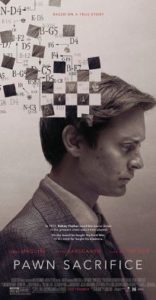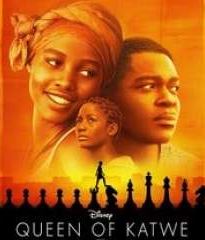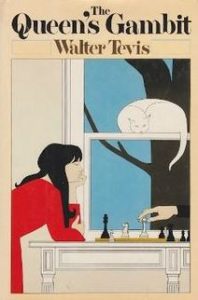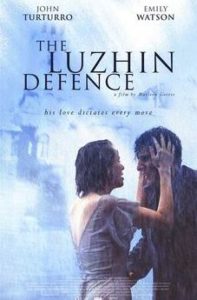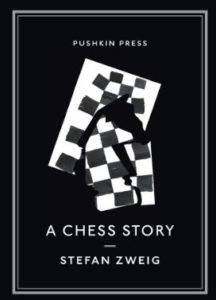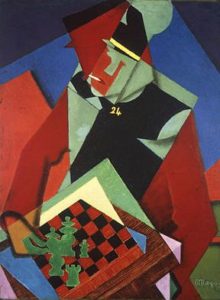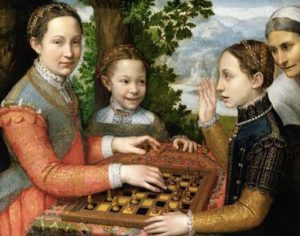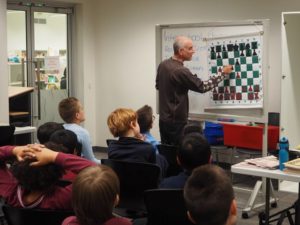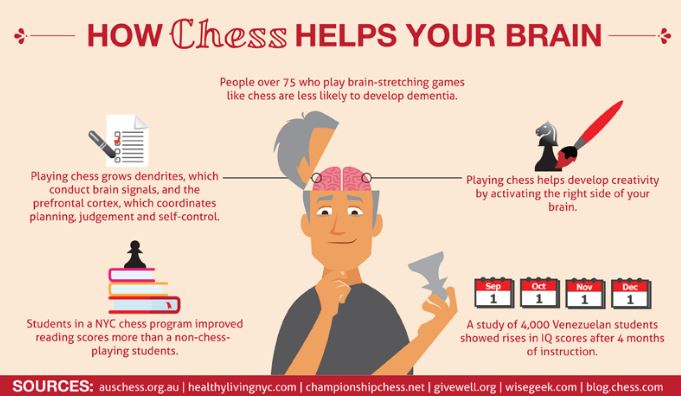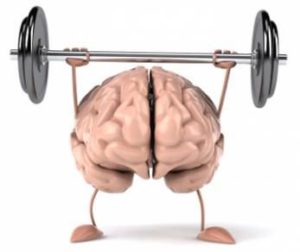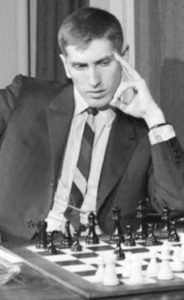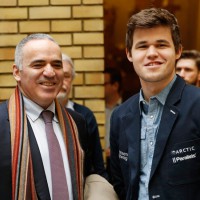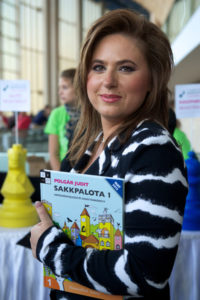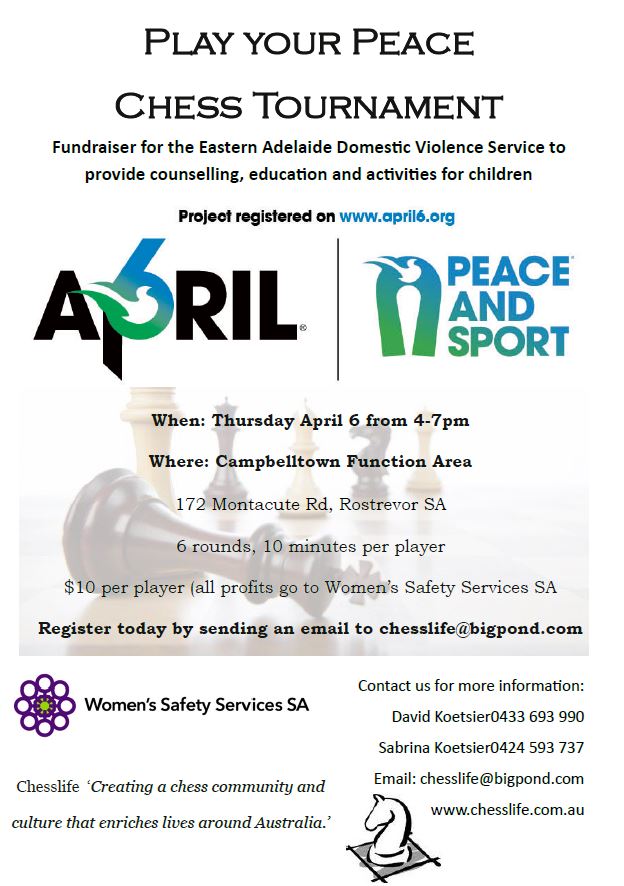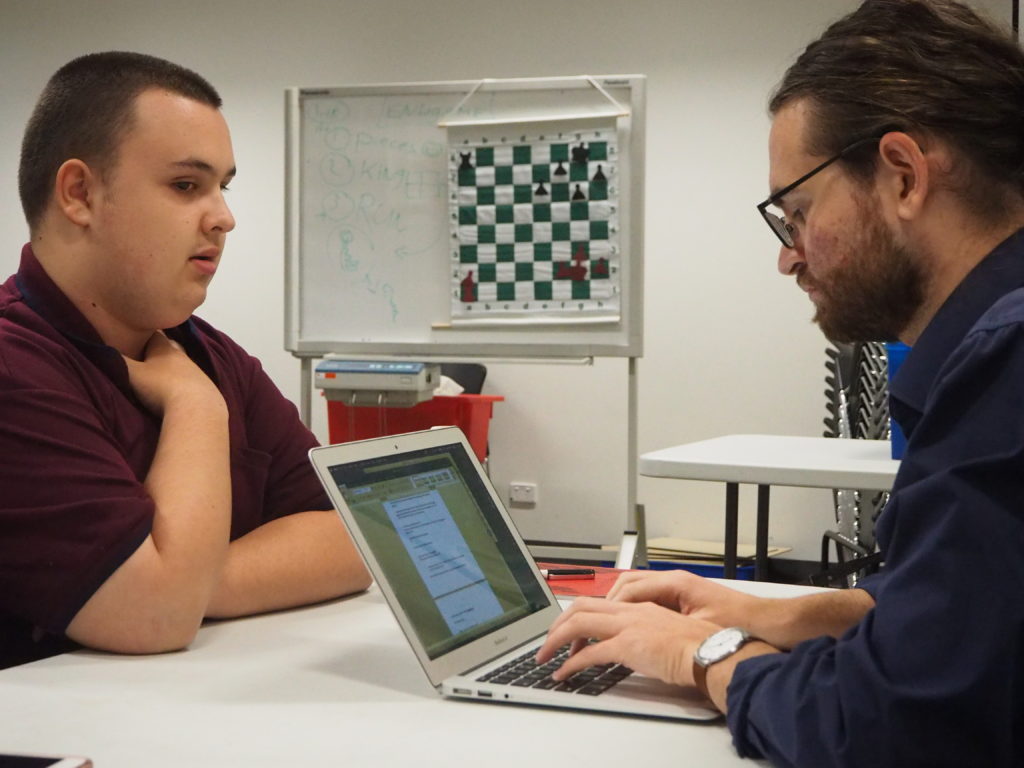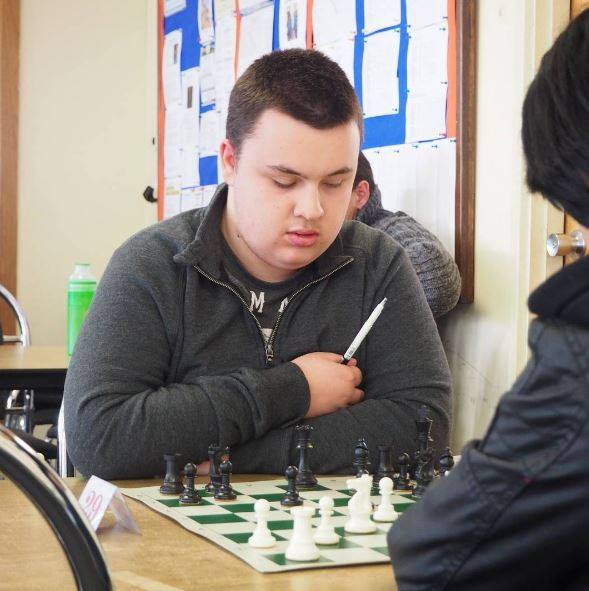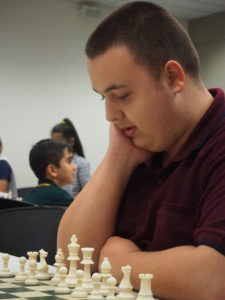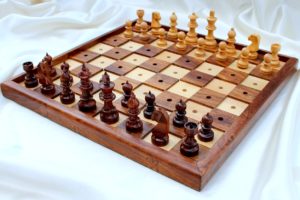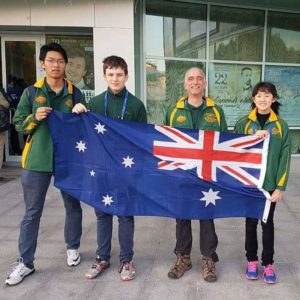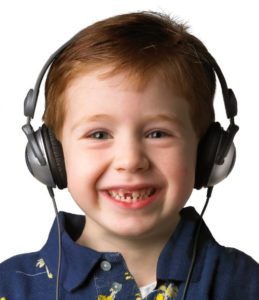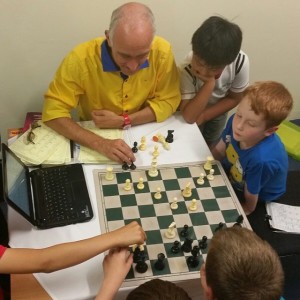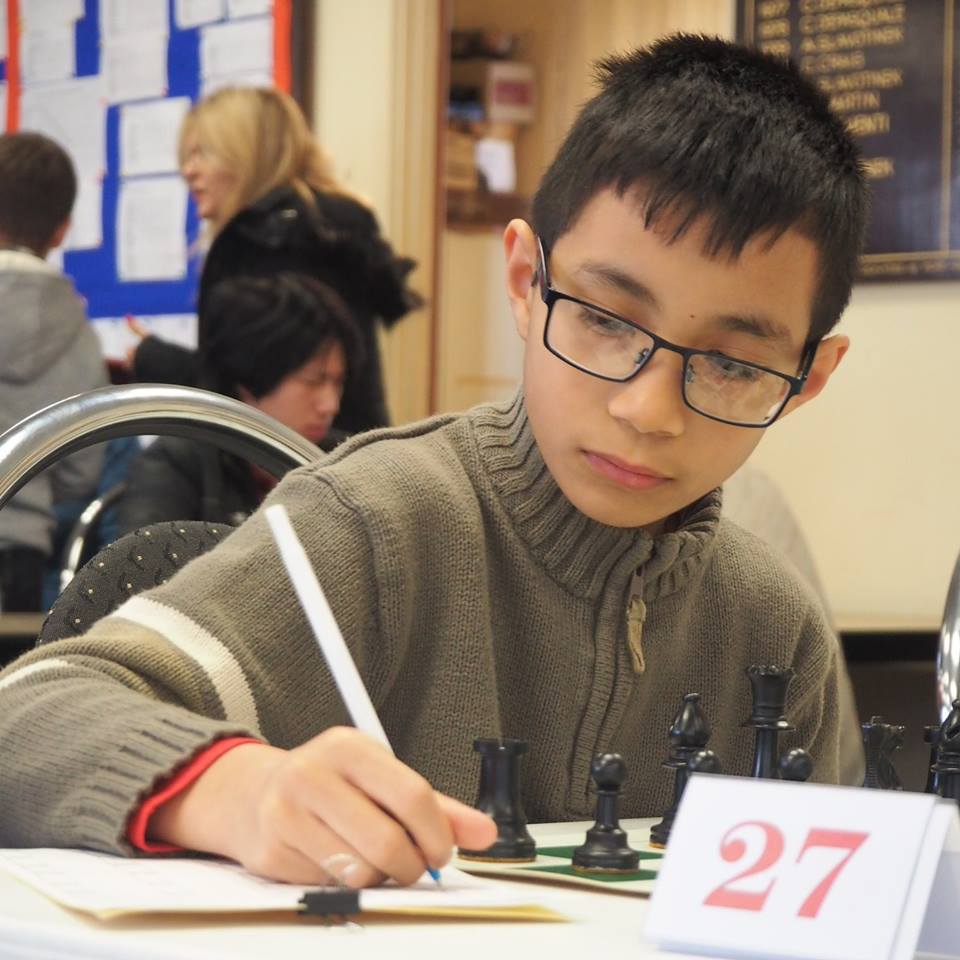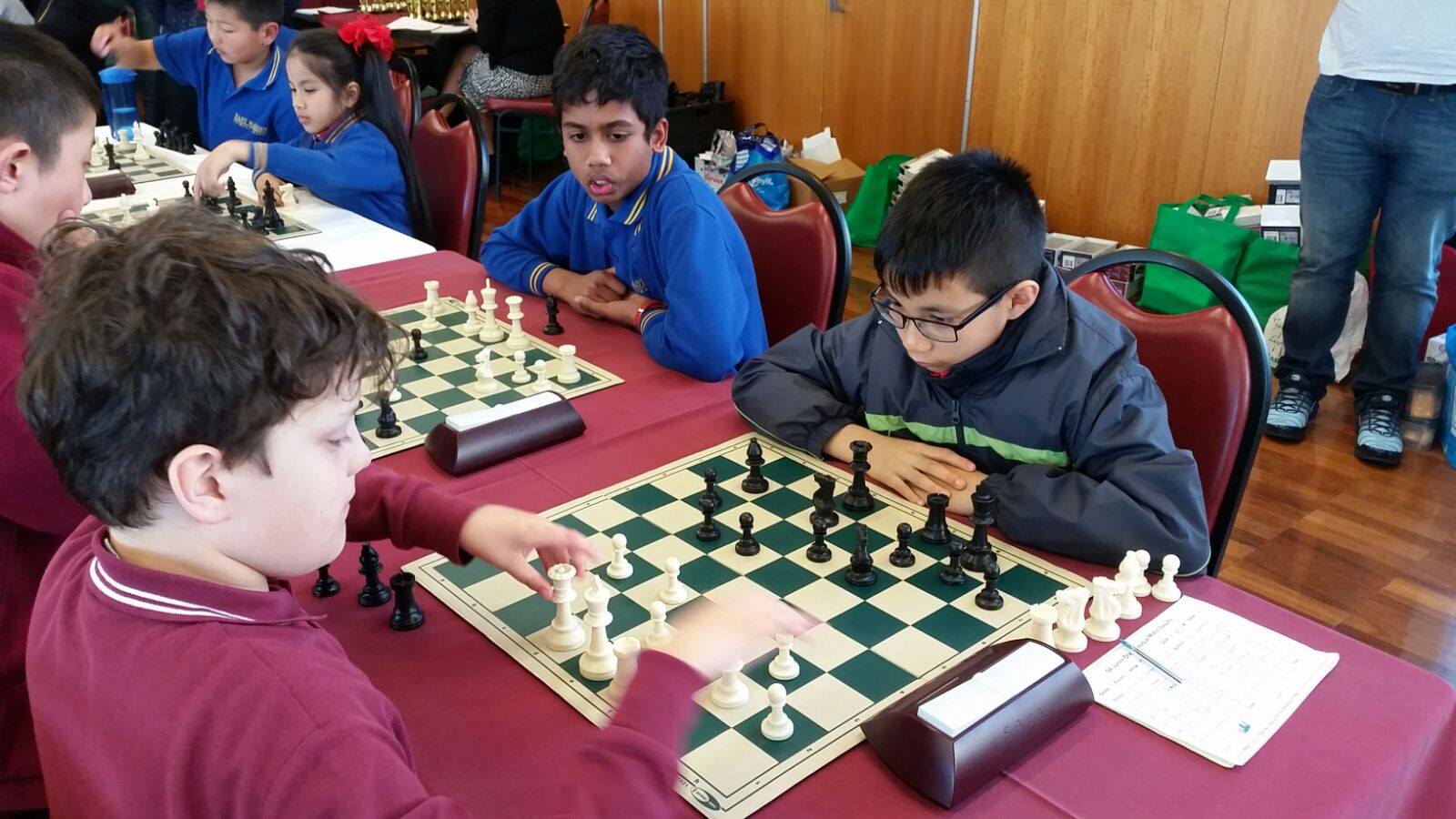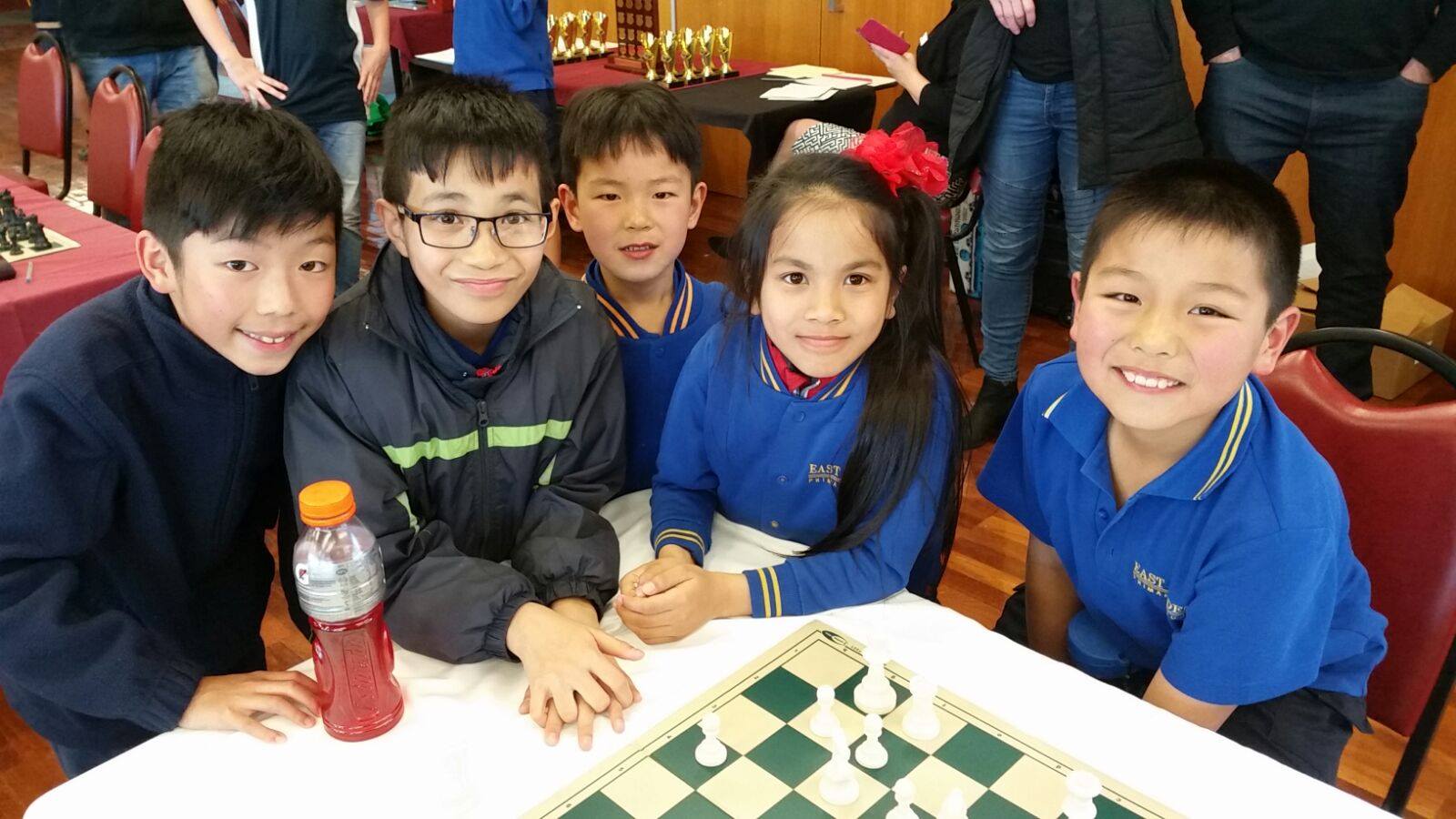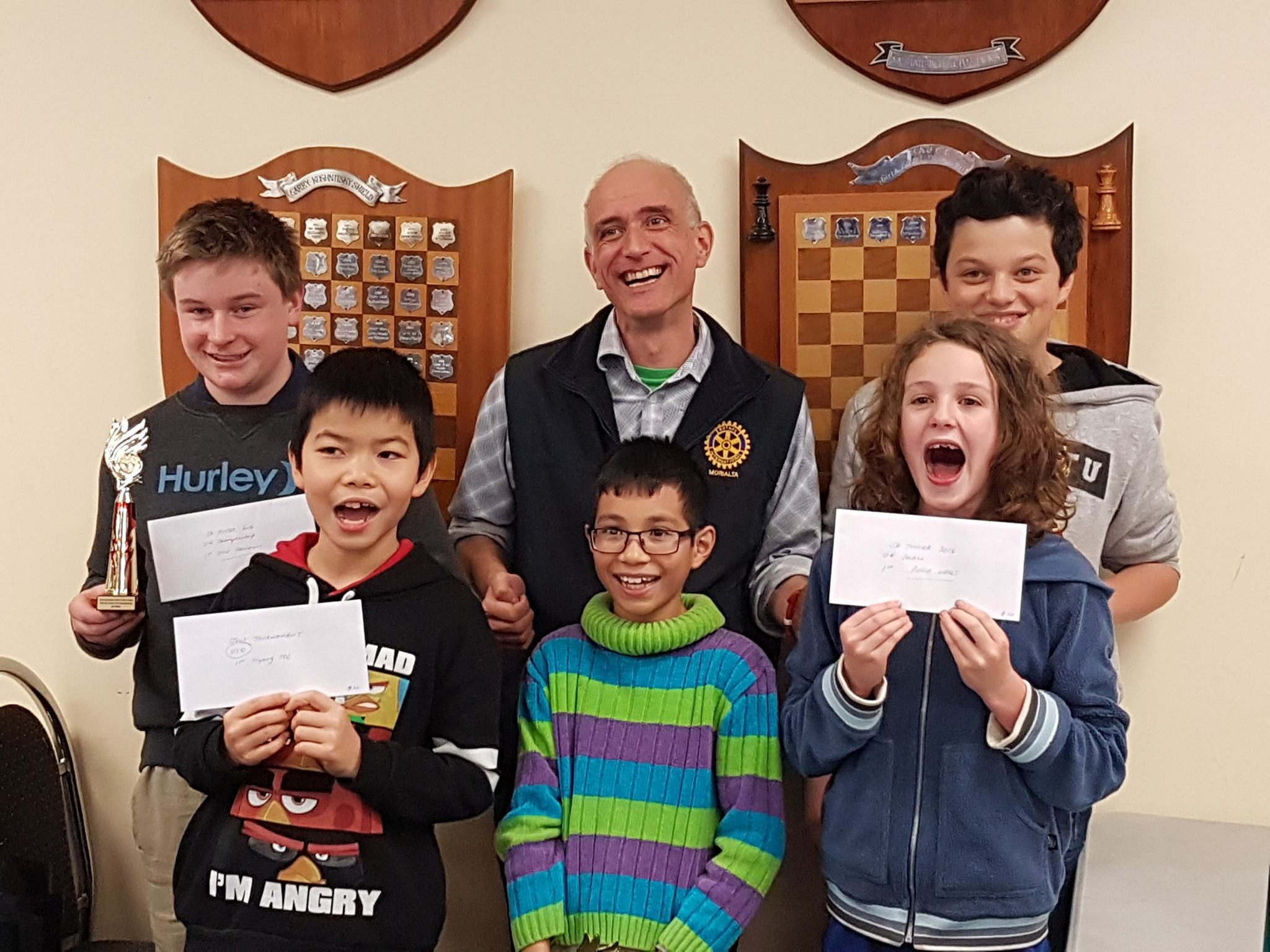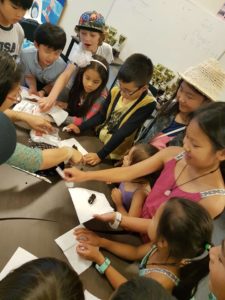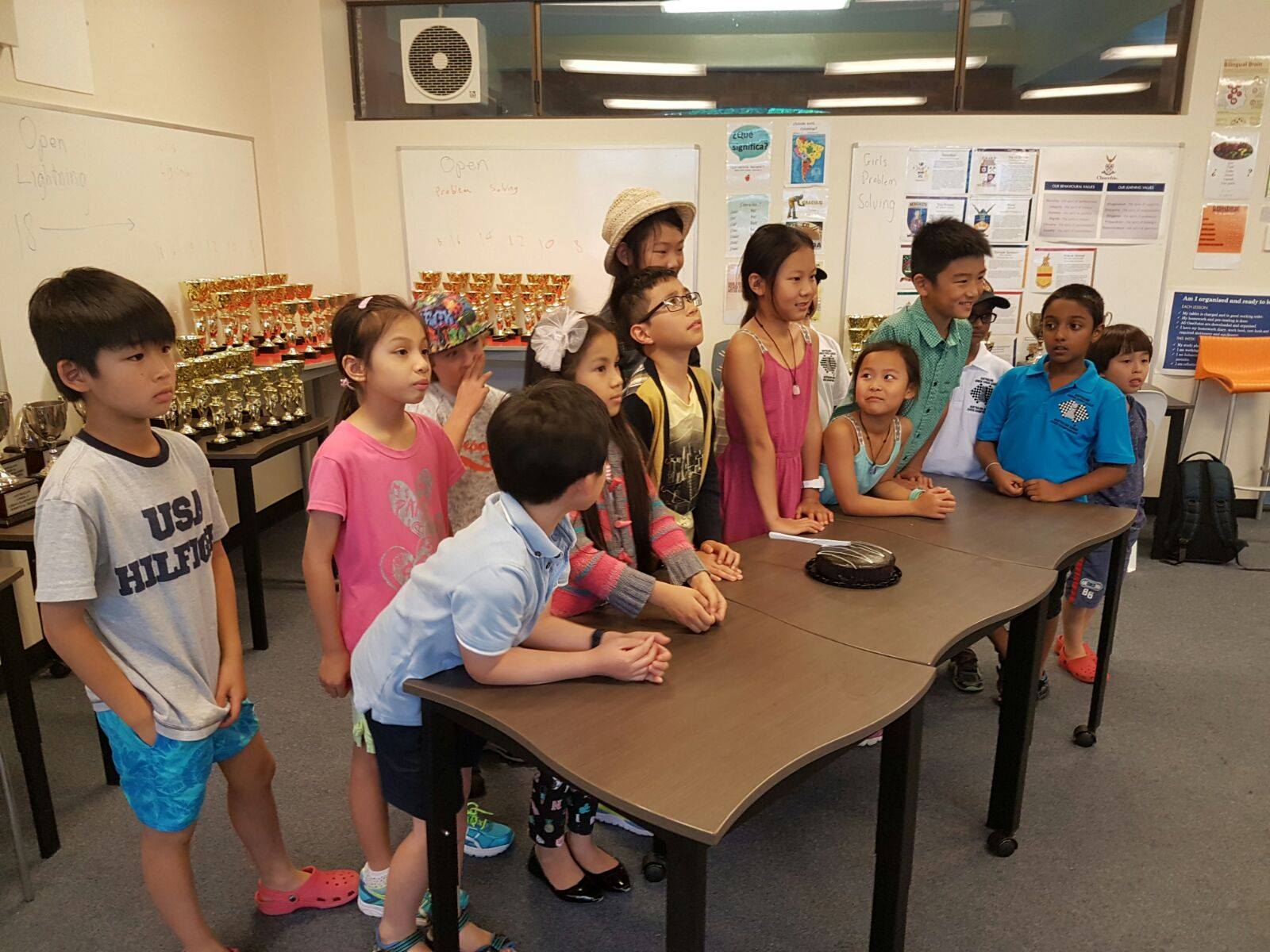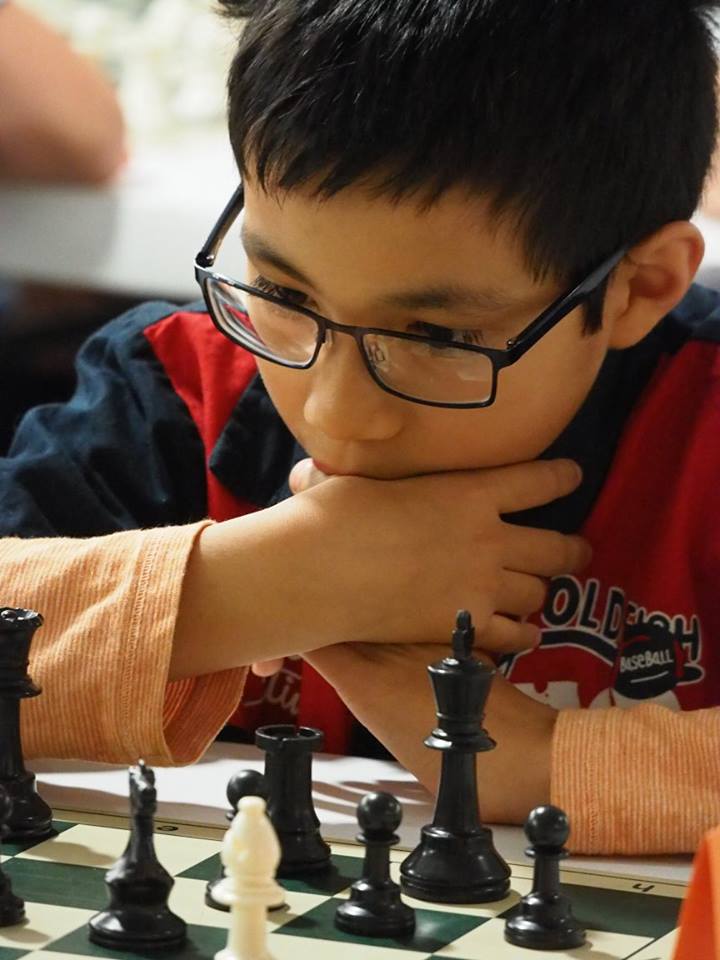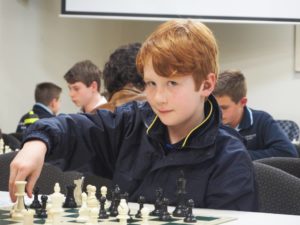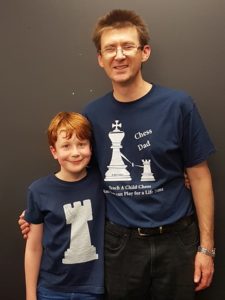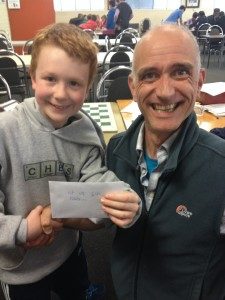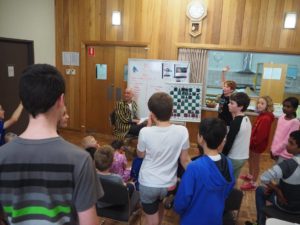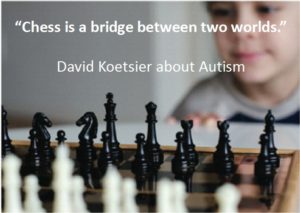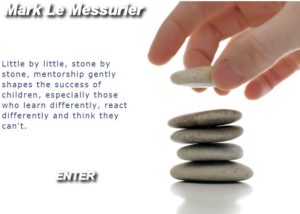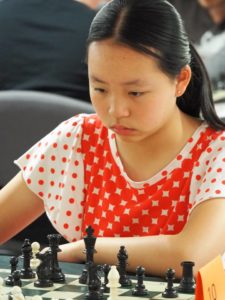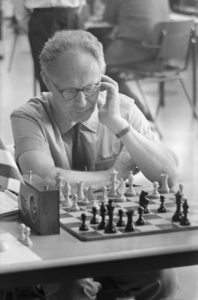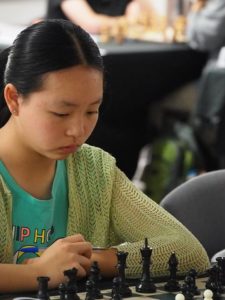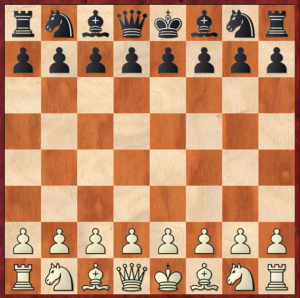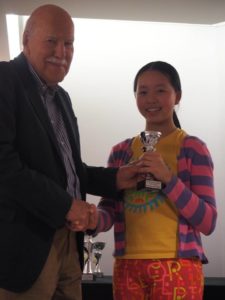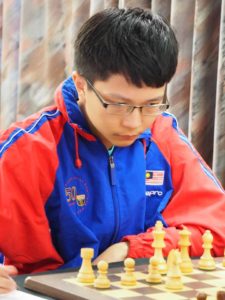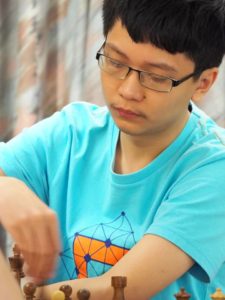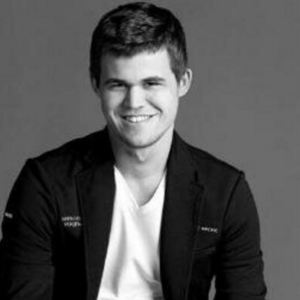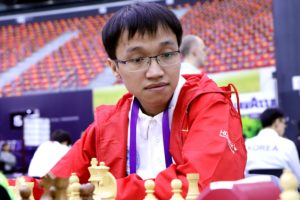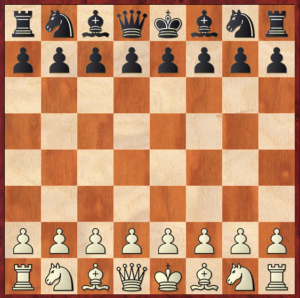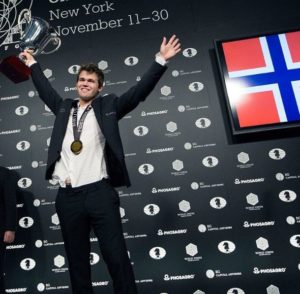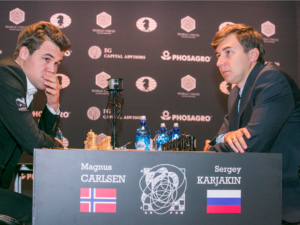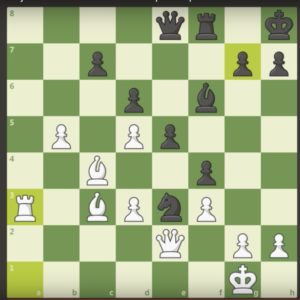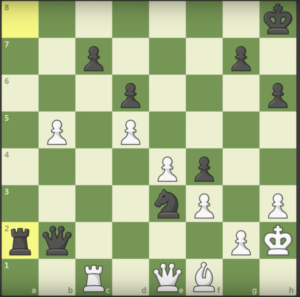For some of us, sitting down over a chess board of an evening just isn’t enough. We need to fill our bookshelves with chess books, our walls with chess art and our Netflix queue with… you guessed it: chess films. We are excited to share our recommendations of the best chess content out there. And who knows, it may even improve your play.
Movies
- Searching For Bobby Fischer
- A classic chess film, that has been inspiring young chess players for years since its release in 1993. The film focusses on Joshua Waitzkin navigating the world of children’s chess tournaments in the years after Bobby Fischer has retreated from the world. The story is clever and something to watch with the family, with seasoned chess players getting a kick out of famous player cameos like Anjelina Belakovskaia, Joel Benjamin and the real Joshua Waitzkin.
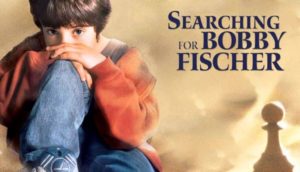
-
- Pawn Sacrifice
- A recent addition to the back catalogue of chess films, Pawn Sacrifice focusses on Bobby Fischer’s match against Boris Spassky in Reykjavik in 1972. Tobey Maguire rises to the challenge of portraying Fischer’s paranoia and the film shows a realistic snapshot of the way Fischer and Spassky’s matches were being watched keenly by the world.
-
- Queen of Katwa
- Released last year by Disney, Queen of Katwa is a biographical film focussing on Ugandan player Phiona Mutesi. Mutesi lived in a slum before learning to play chess and eventually became a Woman Candidate Master after playing at the World Chess Olympiads. The film is inspiring, yet impressive in that it doesn’t shy away from the realities and hardships of Mutesi’s life.
Books
- The Queen’s Gambit
A novel by Walter Tevis, this book tells the story of Beth Harmon, a young girl who finds herself in an orphanage at the age of eight. She soon falls in love with playing chess, and goes on to compete in tournaments successfully. However, both chess and her substance abuse pull her in two different directions. Which one will she choose?
- The Luzhin Defense
A chilling novel by master prose writer, Nabokov, The Luzhin Defense is about a chess prodigy who takes his love of the sport and competing too far. Not only does this book have oodles of literary merit, it has hidden gems throughout for chess players. An added bonus, you can share this with friends and family who may not (yet) be addicted to chess.
- A Chess Story
For those of us who are short on free time, Steven Zweig’s novella A Chess Story is the perfect chess-fix coming in at under 100 pages. Follow the main character as he observes a chess prodigy unravel onboard a ship sailing to the US.
Art
- Soldier at a Game of Chess
Chess seems to influence all artists, whether through books or film. This holds true of painters as well! Jean Metzinger, a French artist, painted this while serving as a orderly during World War I.
- The Chess Game
Have you ever noticed that once you start to fall in love with something, whether it is art or music, you start to see it everywhere? Well, this game captured by Italian renaissance painter Sofonisba Anguissola looks, at least to us, like a Chesslife lesson. Although we have never seen David in a gown like this!
That’s enough chess for a day. Did we miss any of your favourites? Let us know by posting on our Facebook page!
